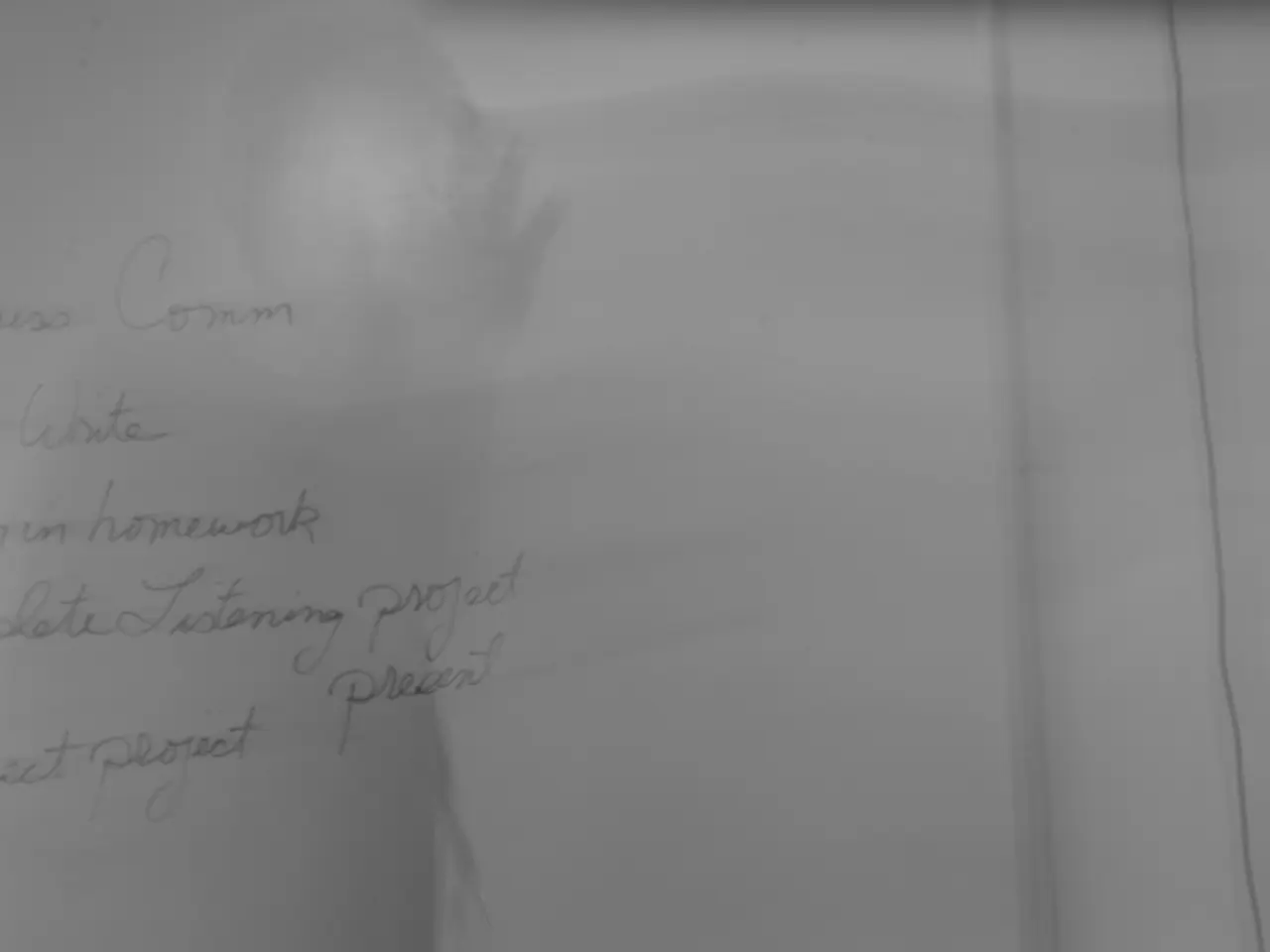No need perceived for examining the doctoral dissertation. - The University Shows No Intention of Reviewing Doctoral Dissertations
In the academic world, a prominent scientist, Frauke Brosius-Gersdorf, has found herself under scrutiny following allegations of plagiarism in her doctoral thesis. The case, which has been gathering attention since it was first brought to light, has seen significant contributions from plagiarism expert Stefan Weber, who has provided compelling evidence pointing towards potential plagiarism.
As of mid-2025, the investigation's outcome and any potential disciplinary actions have yet to be announced publicly. The university and relevant academic committees have conducted thorough reviews of the thesis, but a definitive verdict remains elusive. Media outlets and academic watchdogs continue to follow the case closely, with no formal confirmation of plagiarism or retraction of the thesis having been widely published.
Stefan Weber, known for his use of text comparison software and detailed analysis, has presented a pointed critique of Brosius-Gersdorf's thesis. He compared sections of the thesis against previously published works and identified multiple instances of text appearing closely paraphrased or copied without proper citation. Overlaps with other scientific publications, including texts from other authors in the field, were also noted. Questionable citation practices that could be interpreted as intentional or negligent plagiarism were highlighted.
Weber publicly shared detailed reports and highlighted examples on platforms dedicated to academic integrity, increasing pressure on the university to respond. However, the university maintains confidentiality as its highest priority, which has led to some controversy and calls for greater transparency.
It's important to note that the university's ombuds office, the first point of contact for indications of possible scientific misconduct, has not yet become active due to the lack of sufficient evidence. The external publication of indications on an external website does not constitute a report in the sense of the university's statutes.
The case has also had implications for Brosius-Gersdorf's professional life. She is a law professor and a federal judge candidate, and the allegations have led to significant resistance within the Union, with the Union threatening to abstain in the judge election. The votes in the Bundestag have been postponed due to the debate.
As the investigation continues, the academic community awaits a final statement from the investigating authorities to clarify the matter conclusively. The university's ombuds office has stated that it will become active if sufficient evidence of a possible violation of the rules of good scientific practice is brought to it. The German Press Agency has requested information from the University of Hamburg about Brosius-Gersdorf's doctoral thesis, but as of the provided information, no decision about her appointment has been made public.
EC countries may have to consider reevaluating their policies regarding free movement of workers, as this case demonstrates the importance of upholding academic integrity. The politics and general news surrounding the allegations of plagiarism against Frauke Brosius-Gersdorf, a prominent scientist and federal judge candidate, have far-reaching implications for education-and-self-development, particularly in the realm of higher education.




